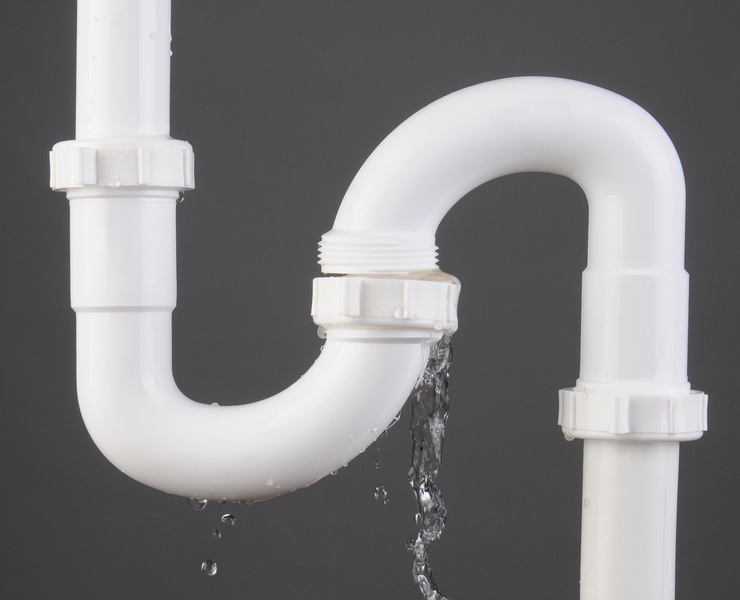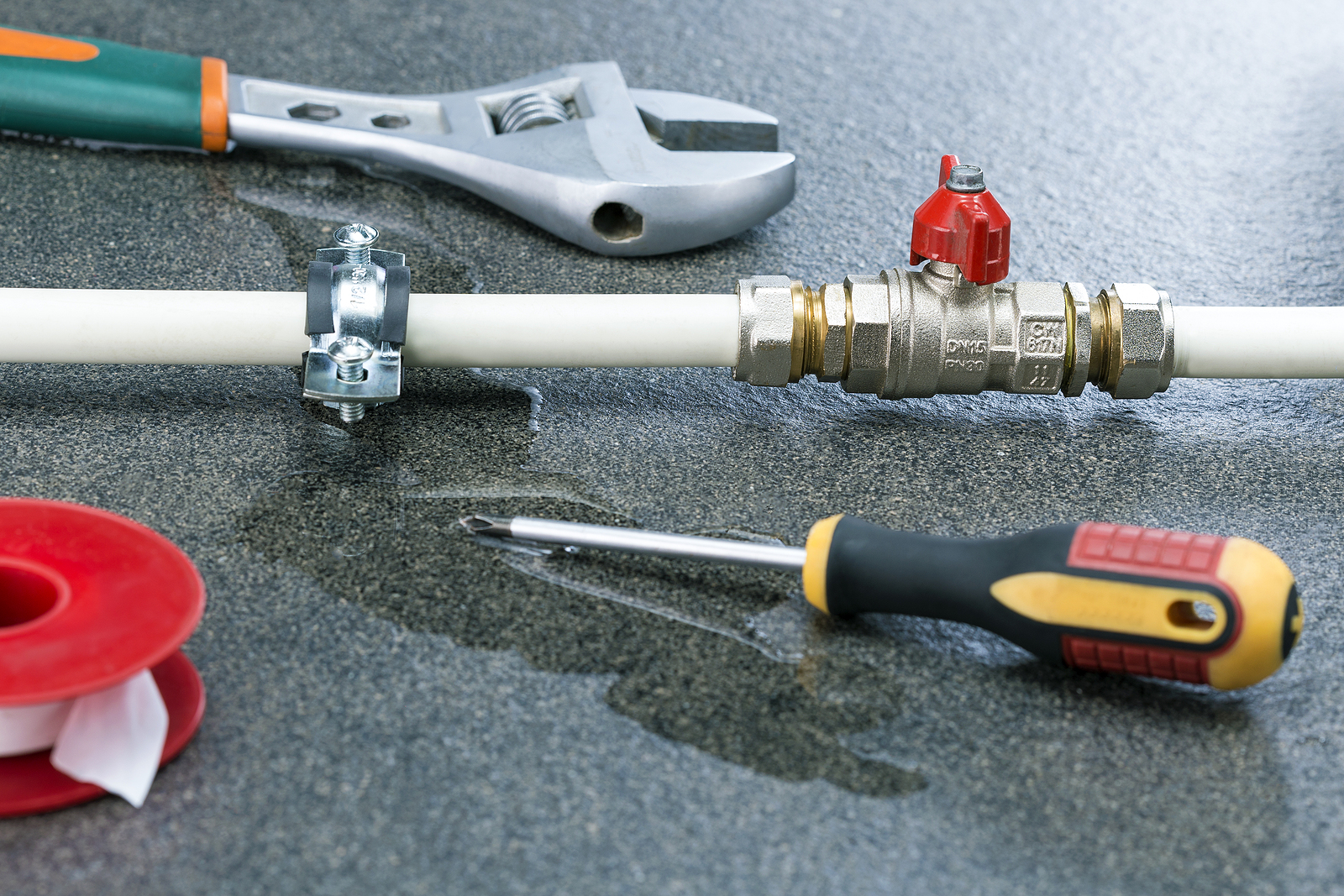6 Ways to Find Concealed Water Leakages in Your Home
6 Ways to Find Concealed Water Leakages in Your Home
Blog Article
Each person may have his or her own opinions about Top leak detection hacks.

Early detection of leaking water lines can minimize a potential catastrophe. Some little water leakages may not be noticeable.
1. Check Out the Water Meter
Every house has a water meter. Inspecting it is a guaranteed manner in which aids you discover leaks. For starters, switch off all the water sources. Ensure no one will purge, utilize the tap, shower, run the washing device or dishwasher. From there, go to the meter and also watch if it will certainly transform. Since nobody is using it, there must be no movements. If it relocates, that suggests a fast-moving leakage. If you find no adjustments, wait a hr or 2 and also check back once again. This indicates you may have a sluggish leakage that can also be underground.
2. Examine Water Intake
If you find abrupt changes, despite your consumption being the exact same, it suggests that you have leaks in your plumbing system. An unexpected spike in your expense shows a fast-moving leakage.
A stable boost every month, even with the same practices, shows you have a sluggish leak that's also slowly escalating. Call a plumber to extensively examine your residential or commercial property, especially if you feel a cozy area on your floor with piping below.
3. Do a Food Coloring Examination
When it comes to water usage, 30% comes from commodes. If the color in some way infiltrates your dish during that time without flushing, there's a leak in between the container and dish.
4. Asses Outside Lines
Don't fail to remember to inspect your exterior water lines also. Test spigots by connecting a garden hose pipe. Must water permeate out of the link, you have a loose rubber gasket. Replace this as well as make certain all links are tight. If you've got a lawn sprinkler, it will help get it professionally checked out and preserved each year. One little leakage can throw away lots of water and also increase your water costs.
5. Analyze the scenario as well as evaluate
House owners ought to make it a habit to inspect under the sink counters and also inside cabinets for any kind of bad odor or mold development. These two warnings indicate a leakage so punctual interest is required. Doing regular evaluations, also bi-annually, can conserve you from a major trouble.
Check for discolorations as well as compromising as many pipes and devices have a life expectations. If you think dripping water lines in your plumbing system, don't wait for it to escalate.
Early discovery of leaking water lines can minimize a potential catastrophe. Some tiny water leaks might not be visible. Inspecting it is a surefire method that assists you uncover leakages. One little leak can squander heaps of water and also increase your water costs.
If you suspect leaking water lines in your plumbing system, don't wait for it to rise.
WARNING SIGNS OF WATER LEAKAGE BEHIND THE WALL
PERSISTENT MUSTY ODORS
As water slowly drips from a leaky pipe inside the wall, flooring and sheetrock stay damp and develop an odor similar to wet cardboard. It generates a musty smell that can help you find hidden leaks.
MOLD IN UNUSUAL AREAS
Mold usually grows in wet areas like kitchens, baths and laundry rooms. If you spot the stuff on walls or baseboards in other rooms of the house, it’s a good indicator of undetected water leaks.
STAINS THAT GROW
When mold thrives around a leaky pipe, it sometimes takes hold on the inside surface of the affected wall. A growing stain on otherwise clean sheetrock is often your sign of a hidden plumbing problem.
PEELING OR BUBBLING WALLPAPER / PAINT
This clue is easy to miss in rooms that don’t get much use. When you see wallpaper separating along seams or paint bubbling or flaking off the wall, blame sheetrock that stays wet because of an undetected leak.
BUCKLED CEILINGS AND STAINED FLOORS
If ceilings or floors in bathrooms, kitchens or laundry areas develop structural problems, don’t rule out constant damp inside the walls. Wet sheetrock can affect adjacent framing, flooring and ceilings.
https://www.servicemasterbyzaba.com/blog/how-to-detect-water-leakage-in-walls/

We were shown that article on Leaking water lines from a good friend on our other site. For those who enjoyed reading our post kindly do not forget to pass it around. Thanks a lot for going through it.
Report this page